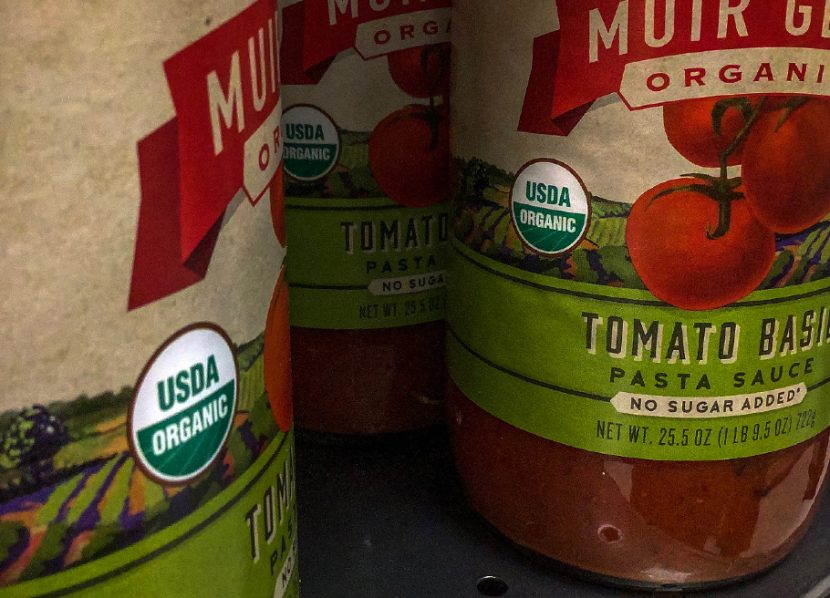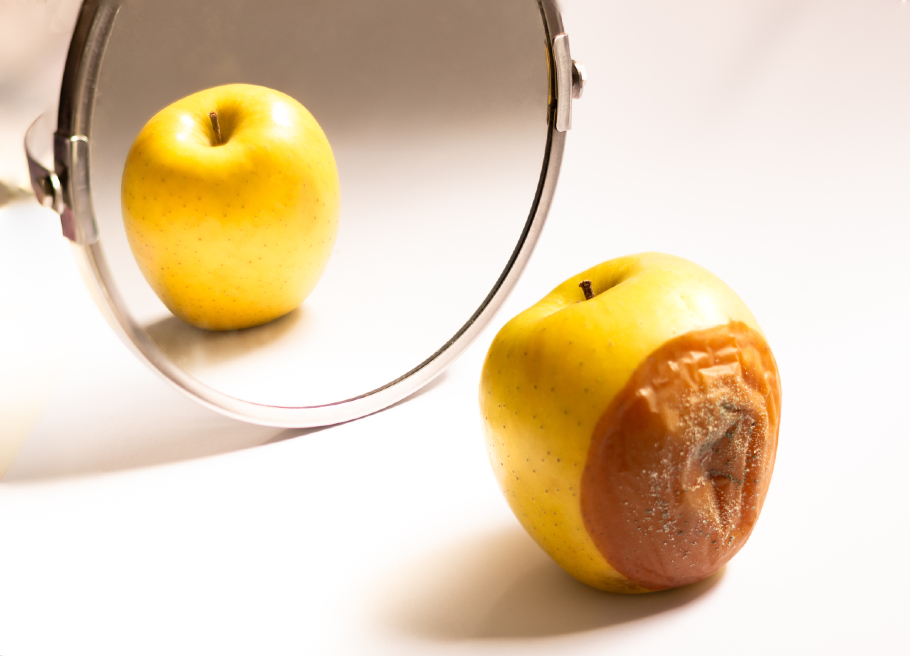What You Need to Know About the USDA’s Enhanced Organic Enforcement Rule
By Allison McLeod
Year over year, consumers seek more nutritious and healthier food options when grocery shopping. A study from the Organic Trade Association (OTA) found that more than 82% of US households regularly purchase organic food, with organic food sales continuing to increase.
As the organic industry endures issues such as growing production costs, certification barriers, and maintaining consumer trust, the United States Department of Agriculture (USDA)’s National Organic Program (NOP) is introducing new requirements to ensure integrity within the organic food supply chain and safeguard producers and suppliers conducting business in the US.
The rule, enacted in March 2023, aims to combat fraud in the organic marketplace, enhance the enforcement procedures of the USDA, and bolster supervision over organic producers, handlers, and certifiers. While the rule will require adjustments for businesses and organizations industry-wide, its principal goal is to foster a more unified, reliable, and transparent organic supply chain.
While the rule will require adjustments for businesses and organizations industry-wide, its principal goal is to foster a more unified, reliable, and transparent organic supply chain.
How the Rule Impacts Businesses
The SOE Rule’s implementation date is March 19, 2024. Before implementation, it’s crucial that every function in the organic food supply chain fully comprehends and complies with the regulations to ensure uninterrupted progress. Many previously exempt operators will now be required to earn certification as the regulatory text expands the definition of “handlers” of organic products to include exporters, importers, brokers, and traders.
Organic supply chains have become increasingly complex, leading to documented cases of organic fraud. The USDA anticipates that with fewer exempt businesses than before, product mishandling, oversight gaps, and fraud incidents will become less frequent.
Some low-risk businesses are still exempt from certification, including custom brokers, operations with annual sales of less than $5,000, and retail establishments that do not process their organic products. Though these categories of organizations are not required to obtain certification, they must adhere to updated handling and recordkeeping requirements.
Additionally, the SOE Rule now includes mandatory electronic NOP Import Certificates for all organic products entering the US, regardless of the country of origin. This departure from previous export and import requirements further protects the supply chain and consumers, reducing organic fraud by improving the traceability of imported organic products.
Building Trust from Farm to Fork
A core objective of the SOE Rule is to clarify oversight systems and oversee certification activities. While accredited certification bodies provide essential services required for organic certification, they must also be held accountable by strict protocols. Under the new ruling, certifying agent personnel, including inspectors and certification reviewers, must adhere to specific qualifications and training requirements. All organic certifiers will be required to generate standardized certificates of organic operation with the USDA’s web-based reporting tool, Organic Integrity Database (INTEGRITY), and keep operation profiles updated. In addition to yearly on-site inspections for all organizations they service, certifiers will now be required to conduct unannounced inspections of at least 5% of operations annually and verify organic traceability back to the previous certified operation in the supply chain during inspections. Another provision of the SOE Rule states that certifiers must perform mass-balance audits to confirm that inputs match outputs, a test that the NOP finds effective for detecting and discouraging fraud.
Certified organic operations and stakeholders use INTEGRITY to validate organic products and supply chain operations. Imported organic products must now be declared in the US Customs and Border Protection’s ACE system, which uses data from the NOP Import Certificate listed in the INTEGRITY database. To improve fraud detection, the NOP can cross-reference ACE data, explicitly examining the quantity and origin of imported organic products. When the industry relies on these streamlined digital platforms, certifiers and organizations in the organic supply chain will benefit from an accessible and standardized approach to reporting and data-sharing, leading to a reduction in fraud and more profitable business. Certified operations will also be required to manage audit trail documentation that identifies products as organic and provide proof of Import Certificates and an organic fraud prevention plan (OFPP) to remain compliant. Failure to comply with the SOE Rule will result in enforcement action from the NOP.
Partnering for Success
With any major shifts in the industry, there is a learning curve when adjusting to new protocols. As the SOE implementation date in March of next year draws near, importers, exporters, brokers, traders, and certifiers must take the time to understand how this rule affects our current operations and the necessary steps needed to apply the updates. Third-party certifiers such as QAI fully understand the SOE Rule and how it will impact businesses in the organic supply chain. For assistance with certification and implementing the updated requirements of the SOE Rule, find a certifier that fits your unique needs by visiting the USDA INTEGRITY database.
Each amendment made to the USDA organic certification requirements builds trust with consumers seeking organic labeling. Organic operations, from farms to retailers, are interconnected and reliant upon one another to protect the integrity of our industry. As we collectively implement these provisions, we answer the call for transparency and accountability.
About the author:
Allison McLeod is the technical scheme lead for Quality Assurance International (QAI), an NSF company and a leading provider of organic certification services worldwide. She has over two decades of experience in the organic industry, including working in account management technical review and as an accredited inspector with the International Organic Inspectors Association (IOIA). McLeod has a Master of Jurisprudence (MJ) in global food law from Michigan State University College of Law. As a USDA-accredited certifying agent, QAI’s programs verify organic integrity at each link of the product supply chain, helping to assure compliance with organic standards for agricultural producers, food processing facilities, traders, distributors, retailers, and, ultimately, consumers.

-
 FeaturedRisk management
The Cost of a Breach: What a Cyberattack Could Mean for Food Safety Recalls
FeaturedRisk management
The Cost of a Breach: What a Cyberattack Could Mean for Food Safety Recalls
-
 FeaturedRisk management
Securing the Food Chain: How ISO/IEC 27001 Strengthens Cybersecurity
FeaturedRisk management
Securing the Food Chain: How ISO/IEC 27001 Strengthens Cybersecurity
-
 FeaturedRisk management
Revolutionizing Food Safety Training: Breaking Out of the “Check-the-Box” Mentality
FeaturedRisk management
Revolutionizing Food Safety Training: Breaking Out of the “Check-the-Box” Mentality
-
 GFSI Standards
GFSI 2025: Building Trust, Tech-Forward Solutions, and Global Unity in Food Safety
GFSI Standards
GFSI 2025: Building Trust, Tech-Forward Solutions, and Global Unity in Food Safety
-
 FeaturedFood Safety
Integrated Pest Management: Strategies to Protect Your Brand’s Reputation
FeaturedFood Safety
Integrated Pest Management: Strategies to Protect Your Brand’s Reputation
-
 FeaturedFood Safety Culture & Training
No Open Door Policy: Challenges That Impact Pest Control in Food Processing Plants
FeaturedFood Safety Culture & Training
No Open Door Policy: Challenges That Impact Pest Control in Food Processing Plants




